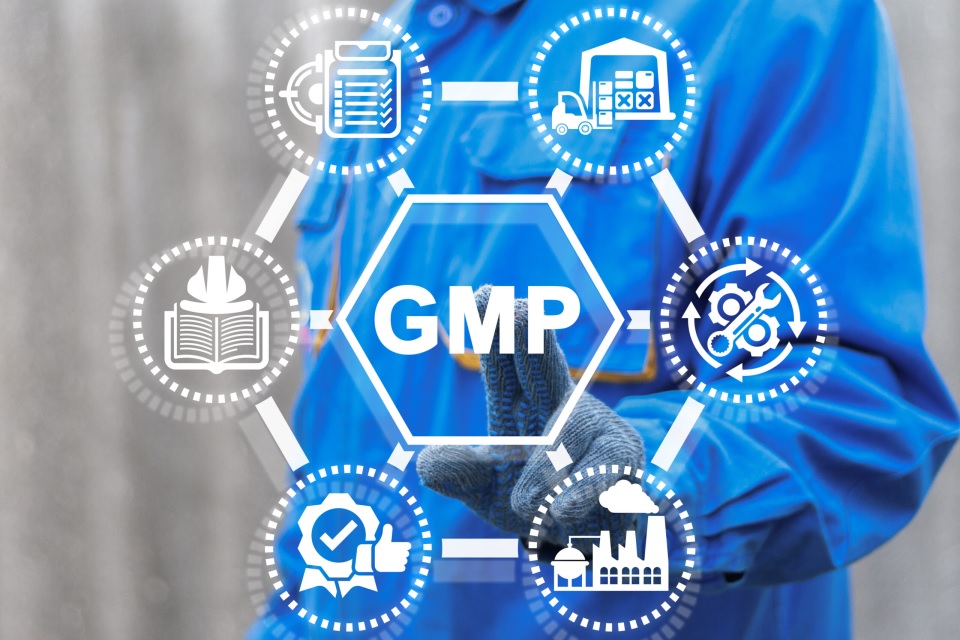Table of Contents
GMP is a standard set of rules to ensure that manufactured products are safe for consumers. It is essential for pharmaceuticals, cosmetics, and food. GMP regulations include thorough assessments of personnel, training, and hygiene protocols. It also includes adequate maintenance and cleanliness of equipment. Smart factories can simplify the process of implementing and maintaining GMP standards significantly. They provide several key benefits that are crucial to meeting the requirements.
Focus On Process Control
Having the proper procedures in place is essential to successful GMP manufacturing projects. Each process step should be carefully planned, documented, and followed consistently. This includes a thorough competence analysis before hiring new staff and strict recordkeeping of all activities. Any deviations from the written procedure should be investigated and addressed. The quality team should also perform regular assessments and audits to ensure that all processes follow the appropriate standards. This may include conducting surprise audits and testing a random sample of products to ensure compliance with GMP requirements. Another critical part of a sound quality management system is managing and controlling raw materials, components, and other inputs into the production process. This is also known as material management and includes a robust supplier qualification process. The right supplier can help ensure all processes and products align with GMP regulations. This will reduce product variation and help to create a more consistent final product. Using the right supplier also helps to reduce costs and improve time-to-market for your product.
Invest In Quality Control
Investing in GMP procedures is vital to ensure the quality of your final product. Following these guidelines can save your company money in the long run. It can also help avoid costly product recalls, confiscated goods, and lawsuits. Having the right equipment can make all the difference in GMP compliance. For example, using a well-maintained fume hood can prevent equipment from failing and compromising the quality of your products. In addition, you should regularly test all your equipment to ensure it is still functioning correctly. People – aka personnel – are another critical component of GMP compliance. You must have trained staff to operate your facilities and follow strict hygiene and cleanliness guidelines. A clear organizational chart that illustrates management and reporting structures is essential to ensuring everyone knows whom they report to. It can also help identify which employees should be notified of any issues that arise during production. Documenting and evaluating employee performance in real-time is another crucial aspect of GMP compliance.
Invest In Quality Assurance
The goal of cGMP is to produce quality, consistent, safe pharmaceutical drugs that meet or exceed the requirements for their intended use. You must have well-documented procedures and a thorough quality system to do this. You must also perform regular internal inspections and conduct random observations. This will help you spot deviations from the standard procedures and correct them immediately. It will also help you avoid recalling products due to a poor batch. Procedures involve guidelines that employees need to follow for consistent, high-quality production. They must be documented and communicated to staff so that they can easily access them. They must also be evaluated to see if they are effective. Regular assessments will also prepare the plant for FDA surprise audits. It is essential to have a dedicated quality team because they will be more prepared to conduct regular assessments and inspections. They should be familiar with the organizational charts, management, and reporting structure of all departments, as this will make it easier for them to report any deviations or incidents. They should also know GMP standards and have clear job descriptions defining their responsibilities.
Focus On Documentation
Several documents are required to ensure GMP compliance. These include batch records, test methods, and logbooks. Each of these documents must be well-written, logical, and complete. It is also essential that all of these documents are updated regularly to reflect the current production process. Investing in the proper documentation will help you reduce the risks associated with non-compliance and ensure that your company continues to comply with cGMP regulations. This includes maintaining the proper conditions of all equipment and facilities. Regular cleaning and inspections help prevent contamination. In addition, ensuring that all equipment is up-to-date will lower the risk of failure and allow for timely repairs. It is also essential that all personnel are adequately trained. This can be achieved through ongoing training, hygiene instructions, and clear job descriptions. In addition, all employees must understand their responsibilities and report any issues or concerns to management. This will help to avoid confusion and overlapping responsibilities. Moreover, it will reduce the chances of a negative report or recall from consumers.
Invest In Training
Keeping up to date on cGMP regulations is crucial for businesses in the pharmaceutical, biotech, and food and beverage industries. These guidelines must be followed to ensure that all product produced is safe and effective. Companies that fail to adhere to cGMP regulations risk fines and even product recalls. To keep up with cGMP standards, investing in employee training is necessary. This includes teaching employees about sanitation, recordkeeping, and equipment handling.
Additionally, it’s essential to have a system in place for reporting complaints and issues, as this can help prevent problems before they arise. Aside from improving overall quality, a GMP-compliant manufacturing project can improve a company’s brand reputation by building consumer confidence in its products. According to a recent study, 41% of consumers will switch brands if they don’t trust the company. Fully committing to GMP concepts can provide a high return on investment.





No Comments